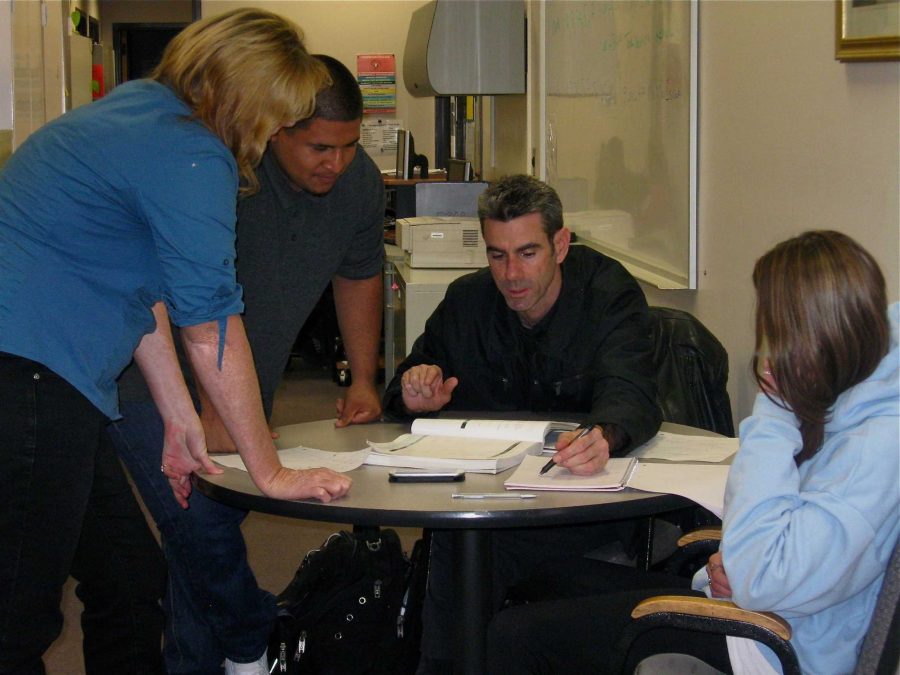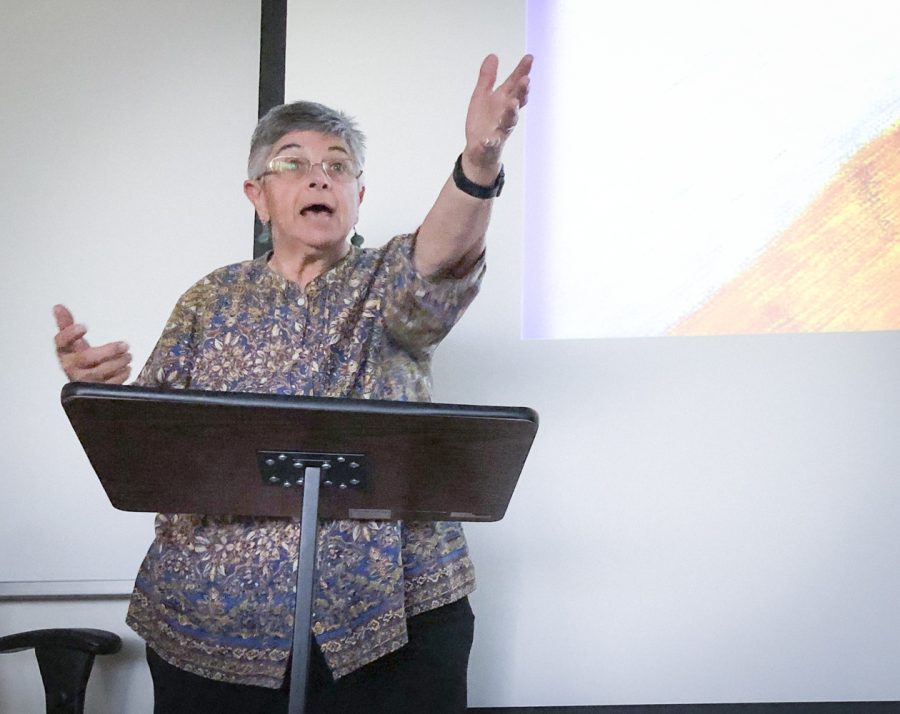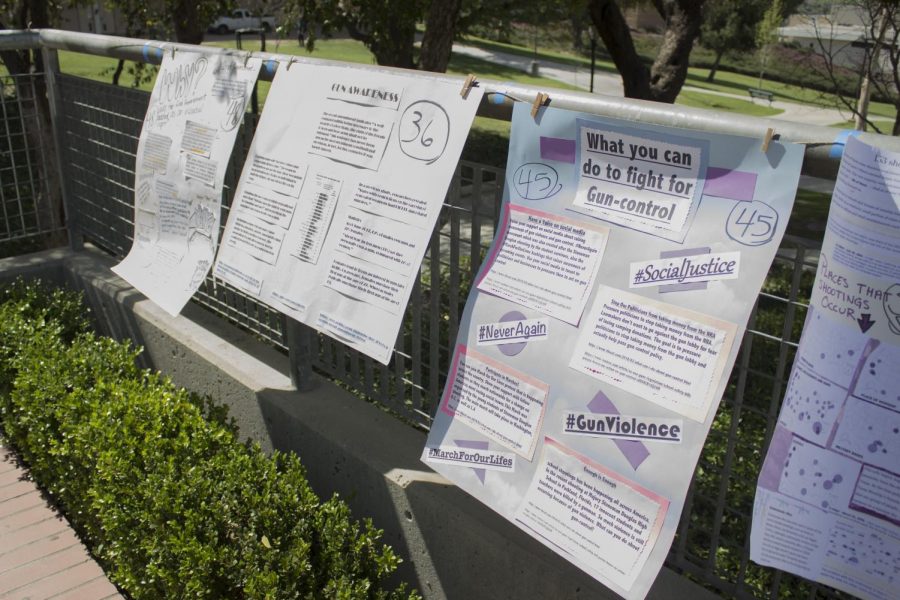ACCESS faculty devote their time to help students with learning disabilities, in high hopes of achieving their goals, and a healthier mindset.
“The most important aspect that students in ACCESS get is the opportunity to have the appropriate kind of accommodations given to them, that will help them be as successful they can be,” Director of ACCESS Sherry D’Atille said.
A learning disability is defined by the ACCESS Center by being a permanent neurological disorder. This elusive disability affects individuals with normal or above average intelligence, and affects how they have to take and receive their information. Reading comprehension, spelling, math computation, and problem solving are only a few of the struggles that emerge for students with learning disabilities.
D’Atille went back to college to get her Masters Degree in special education. This fueled her passion to help students achieve their goals at Moorpark College. She became the Director of ACCESS after she realized that was the direction that she wanted her career to go. She wanted to become a personal advocate for students with learning disabilities.
“I learned how students with disabilities actually need different strategies and accommodations that a regular student with a reading problem wouldn’t have,” said D’Atille, “That’s how I became interested in special education.”
Melanie Masters, a qualified learning disabilities specialist and instructor, attended California State University, L.A. She worked at Trade Tech Community College, located in L.A. She was already interested in the profession of special education before she took the position of a learning disabilities’ instructor and specialist at Moorpark.
“We in ACCESS try to match students with a certain teaching style,” said Masters, “The Universal learning design is a method used to incorporate as many ways to learn as possible.”
Masters claims that there are several types of attention disorders that stem off from one diagnosis.
“For ADHD, we would consider that to be labeled as a psychological diagnosis, there is also inattentive ADD, Hyperactive ADD, and combined.”
Sile Bassi, a learning disabilities specialist and math instructor at ACCESS had her own personal experiences in high school, and college that guided her to become a learning specialist and instructor. She realized which career she should be pursuing after attending California State Polytechnic University Pomona, where she earned her undergraduate, graduate, and teaching credentials at Cal Poly Pomona.
She met with the ACCESS center there, and she said to herself that being a learning specialist was the right job fit for her.
“I met with the equivalent ACCESS program, at Cal Poly Pomona, and they were like angels to me,” said Bassi, “This is what I want to be for someone one day.”
According to the ACCESS Center Resources, if an attention disorder is evident in childhood, it will affect 5-10 percent of the population. Some common characteristics of attention disorders include making careless mistakes, giving up on long- term projects, and forgetting or losing important items on a daily basis.
Credited to ACCESS, an estimated 20 to 40 million people experience symptoms of a psychological disorder within any given six- month period, affecting mood; including behavioral, physical, and cognitive aspects of students. ACCESS specialists provide individualized attention for the students who need more time on tests, recording devices, physical assistance, and calculators.
Confidential memos are formal documents provided to students at the beginning of each semester. They will hand the document to their professors so that they may leave the typical classroom environment, and are settled into a quieter space to complete their tests.
Bassi takes the initiative to teach her students by non- traditional methods.
“I talk, then do the math on flashcards, step one, step two, than color code,” said Bassi. “I also record my lectures using a smart pen, as well as using pneumonic devices to help my students understand the material through audio, visual, and hands on learning styles.”
As frustrating as it appears for the professors, there are many ways to provide extra help to their students. From Access Resources, having to teach a class with many different learning styles can be simpler by using color and graphic organizers to illustrate important concepts.
Step- by- step directions both verbally and in written form will help the student break down a challenging concept. Classroom lectures and labs may be better understood by a larger body of students with different learning styles, using a wide arrangement of teaching methods
A few minor changes in the classroom could be put into place to help professors keep their students, (Access registered students and non- Access students), engaged and focused throughout the entire class. Over time, this may increase their chances of absorbing more of the learning material.
“Everyone is an individual, and we look at each student as an individual,” said D’Atille.
For more information on learning disabilities and , students may contact the ACCESS center by clicking on this link below:
http://www.moorparkcollege.edu/services_for_students/access/index.shtml






